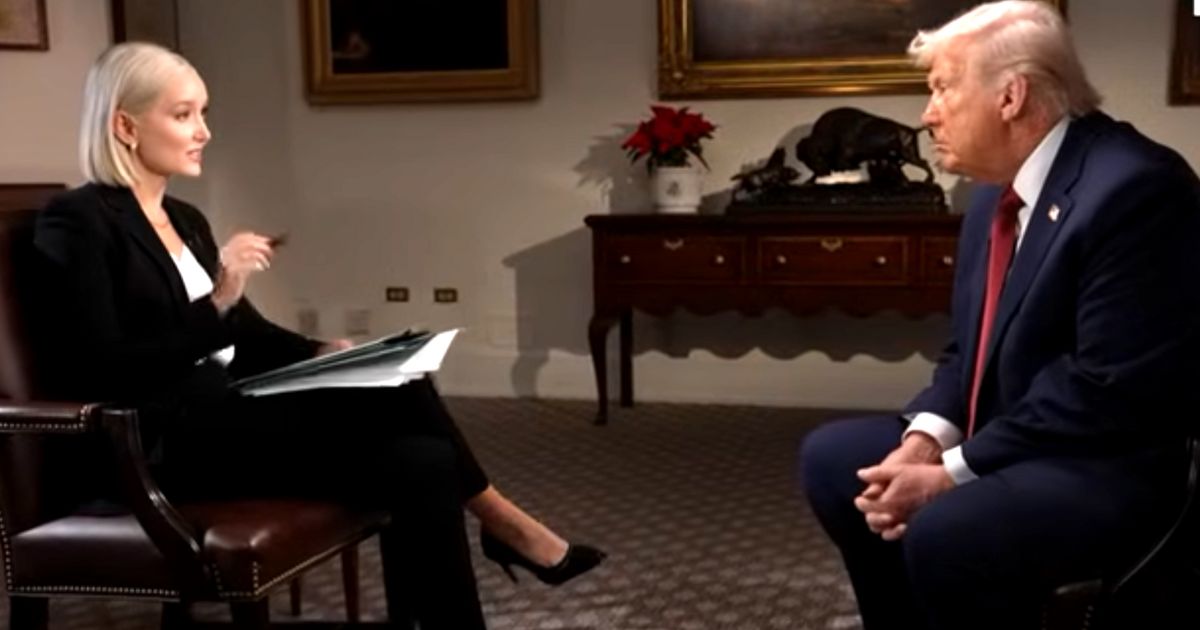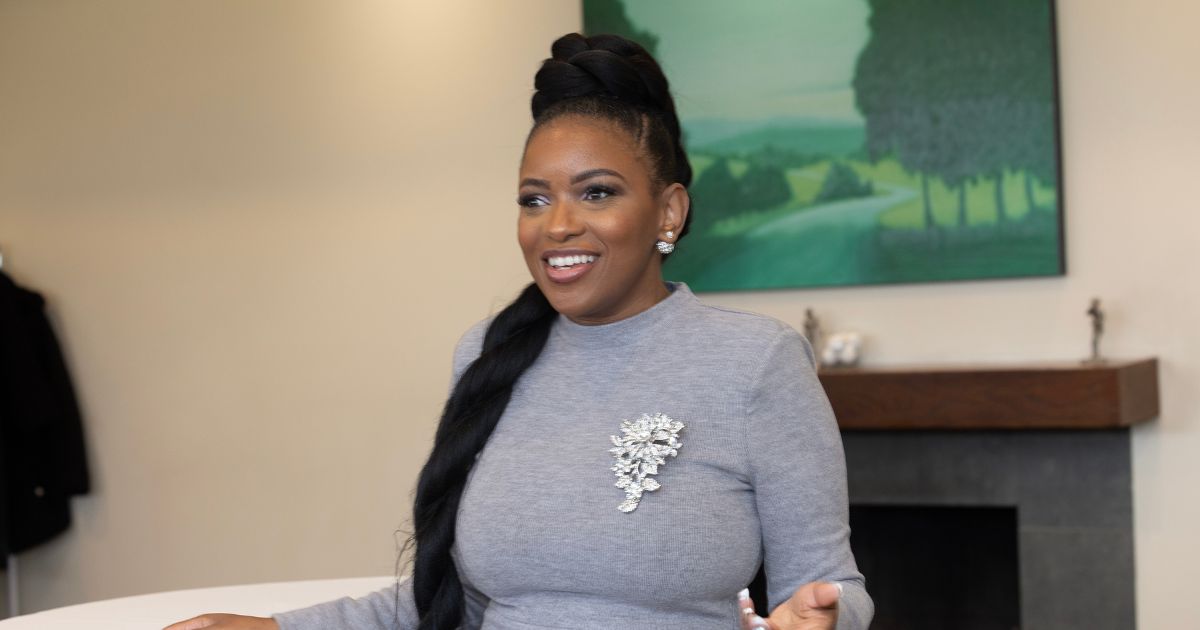Conservatives we lost in 2024 – Washington Examiner
The article reflects on notable conservative figures who passed away in 2024, highlighting their contributions to political life, cultural memory, and conservative ideals. While some deaths, like leaders of terrorist organizations, are viewed as positive, the article pays tribute to individuals who considerably impacted American society.
Key tributes include **Bob beckwith**, a firefighter remembered for his resilience after 9/11, and **Toby Keith**, a country music star who became an emblem of American patriotism with his post-9/11 anthem. **Ted Olson**, a former Justice official affected by the 9/11 attacks, and **Richard Allen**, Reagan’s first National Security Adviser, are also commemorated for their public service and enduring conservative beliefs.
The article acknowledges political strategists like **Rich Galen** and activists such as **Beverly LaHaye**, along with idea-driven figures like **Gail Wilensky** and **Chip Mellor**, who shaped healthcare policy and legal theories respectively. It discusses the impact of entrepreneurial leaders like **Bernie Marcus**, underscoring a fear of regulatory overreach, and concludes with an emphasis on the importance of ideas in maintaining the vitality of the conservative movement. the summary encapsulates a sense of loss while celebrating the legacy of those who shaped conservatism at various levels in American society.
Conservatives we lost in 2024
It’s a bit of a strange year for lamentations. Conservatives are generally bullish over the election results, and the most prominent deaths of the year are ones that are perhaps more causes of celebration than anything else. I am thinking here of Hamas’s Yahya Sinwar and Ismail Haniyeh, Hezbollah leader Hassan Nasrallah, and Iranian President Ebrahim Raisi. These evil Islamists all sought the destruction of Israel, America, and the West and are responsible for the deaths of hundreds of Americans and thousands of innocents. The world is better off without them.
While we are glad to see the end of those who sought to destroy our way of life, we should also acknowledge the deaths of those who, in living, made the world a better place. Bob Beckwith was never a household name, but for a brief moment in 2001, he was the face of America’s resilience in the face of Islamist terrorism, an evil we are still fighting to this day. On Sept. 14, 2001, Beckwith, a New York City firefighter who spent three decades serving the people of New York, joined then-President George W. Bush on top of a firetruck at the site of the destroyed World Trade Center. Beckwith had been asked by someone he thought was a member of the Secret Service, but later identified as White House aide Karl Rove, to assess whether the truck was stable. He did so and then sought to get down. Bush, now on the truck, said, “Where are you going? You’re going to be right here with me.” Bush then put his arm around Beckwith and said those iconic and inspiring words, “I can hear you. The rest of the world hears you, and the people who knocked down these buildings will hear all of us soon.”
Another post-9/11 inspiration came from country music legend Toby Keith. His hit song, “Courtesy of the Red, White, and Blue,” written in just 20 minutes, had similar sentiments to those expressed by Bush on the firetruck, including the line, “And you’ll be sorry that you messed with/ The U.S. of A./ ‘Cause we’ll put a boot in your ass/ It’s the American way.” The song shaped his reputation, and he knew it. As Keith recalled, “Most people think I’m a redneck patriot. I’m OK with that.”
Ted Olson was also personally affected by 9/11. Olson was sitting in his office at the Department of Justice when his wife Barbara called him from one of the hijacked planes to say farewell. Olson notified other top officials of what was happening. It may have been the most famous moment in a long and distinguished career that also included service in former President Ronald Reagan’s Justice Department and successfully arguing the Bush v. Gore case in the Supreme Court. Olson’s support of some liberal causes late in life did not signal a departure from the conservative movement. He remained a member of the Federalist Society’s Board of Visitors to the end of his life.
Also important in the Reagan administration was Richard Allen, who served as Reagan’s first national security adviser. Allen had been expected to be national security adviser under former President Richard Nixon but lost out to Henry Kissinger. Allen got the job under Reagan but resigned because of allegations of bribery, of which he was fully cleared. It turned out he was also a victim of internal White House machinations directed against Ed Meese. Despite Allen’s short White House tenure, he was involved in a lot of great Reagan moments: He coined the term “Reaganauts” to describe the Reagan team; he was the one who asked Reagan in 1977 about his Cold War strategy, to which Reagan said, “We win and they lose”; and he suggested and pushed for George H.W. Bush to join the Reagan team after the misbegotten idea of having Reagan run with former President Gerald Ford thankfully fizzled.
Allen also, to his credit, hated leaks. He called the notoriously press-friendly David Gergen “Professor Leaky,” and he also refused to leak himself, calling leaking “nonsense.” As he told the Washington Post’s Elisabeth Bumiller in 1981, “I don’t do it. It’s so tacky and stupid because it’ll always come back to the leaker.”
Tom Korologos also became famous in the Reagan administration, although he had a long career advising multiple Republican administrations. Korologos was known as a Senate confirmation guru, advising more than 300 nominees to top administration positions. Known as the “101st Senator” for his familiarity with and keen understanding of Capitol Hill, Korologos would wisely tell nominees, “What is your nightmare question you don’t want them to ask? You better have an answer for it, because they’re going to ask it.”
Ironically, Korologos was best known for the confirmation that he did not secure, that of Robert H. Bork to the Supreme Court in 1987. After that bitter and high-profile failure, Nixon called Korologos and asked him for a list of senators who had opposed Bork. Korologos asked why he wanted it, and Nixon replied, “I’m busy making my annual Christmas contributions, and I want to make sure none of those bastards who opposed him are on my list.”
Despite Korologos’s “101st Senator” nickname, he was never elected to anything. But a number of people who died this year were. One was Joe Lieberman. Lieberman was a Democrat, but he was supported by none other than William F. Buckley in his race to defeat the extremely liberal Republican Lowell Weicker in 1988. (Weicker died in 2023 but most decidedly did not make the cut for this lookback when he did.) While Lieberman was liberal on domestic policy, he was willing to question some of the Left’s sacred cows, such as racial quotas. He was allied with conservatives on foreign policy, though: He was a staunch anti-communist and strong supporter of Israel. George Nethercutt was not that well known as a member of Congress, but he did defeat Democratic Speaker of the House Tom Foley in winning his seat in 1994. That successful race was the cherry on top of the Newt Gingrich-led revolution, in which Republicans won control of the House for the first time in four decades. Jim Inhofe was a reliable conservative and longtime senator from Oklahoma who was treated incredibly unfairly by his MSM obituaries. The Washington Post headline read, “James Inhofe, Oklahoma senator and climate-change denier, dies at 89.” I don’t recall Ted Kennedy’s obituary headline focusing on the tragedy of Chappaquiddick or Robert Byrd’s obituary headlines mentioning his onetime membership in the Ku Klux Klan.
Of course, conservative politicians can only get elected if there are conservative activists who push them forward and also help motivate voters to support their ideas. We had some real losses in this area in 2024. Rich Galen, a political strategist who worked for Dan Quayle, Newt Gingrich, Lee Atwater, H. Ross Perot, and T. Boone Pickens, among others, believed in the promise of America. According to Galen, “In America, it just doesn’t matter from whence you come. It only matters how hard you have worked to get where you are now.” Owen Frisby was a longtime lobbyist for Chase Manhattan who, according to my friend Tim Goeglein, “never missed a Grover [Norquist] or [Paul] Weyrich meeting.” CNN political commentator Alice Stewart was a skilled communicator who worked for four Republican presidential campaigns but never had the fortune to work for a winning one.
Home Depot co-founder Bernie Marcus did not work for political candidates, but he helped fund many Republican ones. His store captured the American can-do spirit by encouraging people to do their own home improvement. Marcus also feared that future entrepreneurs might not be able to replicate his success because of what he called “regulations and all this woke crap.” Marcus thought businesses should stick to their knitting. As he told Fox Business’s and the New York Post’s Charles Gasparino, “I ran a business for 60 years. I would never get involved with a social issue outside of business. That was not my business.” Concerned Women for America’s Beverly LaHaye was a longtime activist for socially conservative causes. As president, Reagan praised her efforts, calling her “one of the powerhouses on the political scene today.”
Once elected, conservative politicians are only as good as their ideas. Unfortunately, we lost a lot of important idea generators in 2024. Health economist Gail Wilensky headed HCFA, the precursor to the Centers for Medicare and Medicaid Services, under former President George H.W. Bush. She was one of the center-Right’s leading healthcare voices for decades afterward. William H. “Chip” Mellor co-founded the Institute for Justice and was one of the Right’s top legal theorists. As the Wall Street Journal wrote of him in an editorial, “IJ’s mission is to help Americans whose rights are being violated by government,” in contrast to “most public-interest legal shops whose goal is to expand government power over individuals and business.” Longtime CATO Institute official David Boaz was a stalwart proponent of libertarian ideas and author of the 1997 book Libertarianism: A Primer. He woke up to NPR every morning despite the fact that it infuriated him. As Boaz explained his motivation, “I need to know what’s going on in the world, and in the second place, dammit, I want to know what these people are up to! It’s an outrage what they’re up to, and I don’t want them to get away with it. I want to fight.” Another fighter was the Competitive Enterprise Institute co-founder Fred Smith. Originally a liberal who worked at the Environmental Protection Agency, he learned to see the folly of overregulation and the benefits of innovation and entrepreneurship to solve social problems. While committed in his beliefs, Smith engaged his opponents with a smile. As CEI’s Ryan Young wrote of him, “Even people who disagreed with everything he stood for couldn’t help but like him.”
Entertainment is not usually considered a conservative field, but some entertainers who died in the last year should be noted here. Comedian Bob Newhart was not a conservative, but he wasn’t a liberal, either, keeping his act blessedly apolitical. After Clint Eastwood spoke to a chair at the 2012 Republican convention, in a poor imitation of Newhart’s legendary one-way conversation bit, Newhart wryly observed, “I kept watching it and watching it. I want to say to Clint — it’s not as easy as it looks, is it?” Another comedy legend was Jim Abrahams of Airplane fame. As the Hollywood Reporter wrote of that legendary comedy, “The jokes are directed at sex, politics, religion, and almost everything else.” The willingness of Abrahams and his co-authors, the Zucker brothers, to laugh at, and make fun of, everything stands in stark contrast to the way “woke” Hollywood approaches comedy today. I have no idea if James B. Sikking was a conservative, but his Hill Street Blues character, Lt. Howard Hunter, certainly was. Hunter’s patriotic response to voting in person — “I always get a kick in the old adrenals every time I give that lever a yank” — comes back to me every time I cast my vote, even to this day. Unlike these other three, game show host Chuck Woolery was an avowed conservative. After a career of keeping his politics mostly to himself while hosting Wheel of Fortune, Scrabble, Love Connection, and others, he eventually went public with his conservative views and even hosted a conservative podcast, Blunt Force Truth.
While most of these people died of natural causes, it is fitting to conclude with one person who was murdered for the sin of fighting for freedom. Russian President Vladimir Putin’s increasingly autocratic regime killed the Russian political reformer Alexei Navalny. Navalny could have chosen more years of life had he remained in exile in Germany, but he courageously returned to Russia to try to fight for a free Russia. This is the difference between the people celebrated here and the unlamented foursome of Sinwar, Haniyeh, Nasrallah, and Raisi. Those celebrated here wanted to build upon, and to conserve, humanity’s highest ideals of human worth and dignity and its great achievements. Those who war on the West opposed those ideals and wanted to destroy those achievements. In the long run, it’s the builders who will win — and to whom we direct our undying respect and gratitude.
Washington Examiner contributing writer Tevi Troy is a senior fellow at the Ronald Reagan Institute and a former senior White House aide. He is the author of five books on the presidency, including The Power and the Money: The Epic Clashes Between Commanders in Chief and Titans of Industry.
" Conservative News Daily does not always share or support the views and opinions expressed here; they are just those of the writer."




